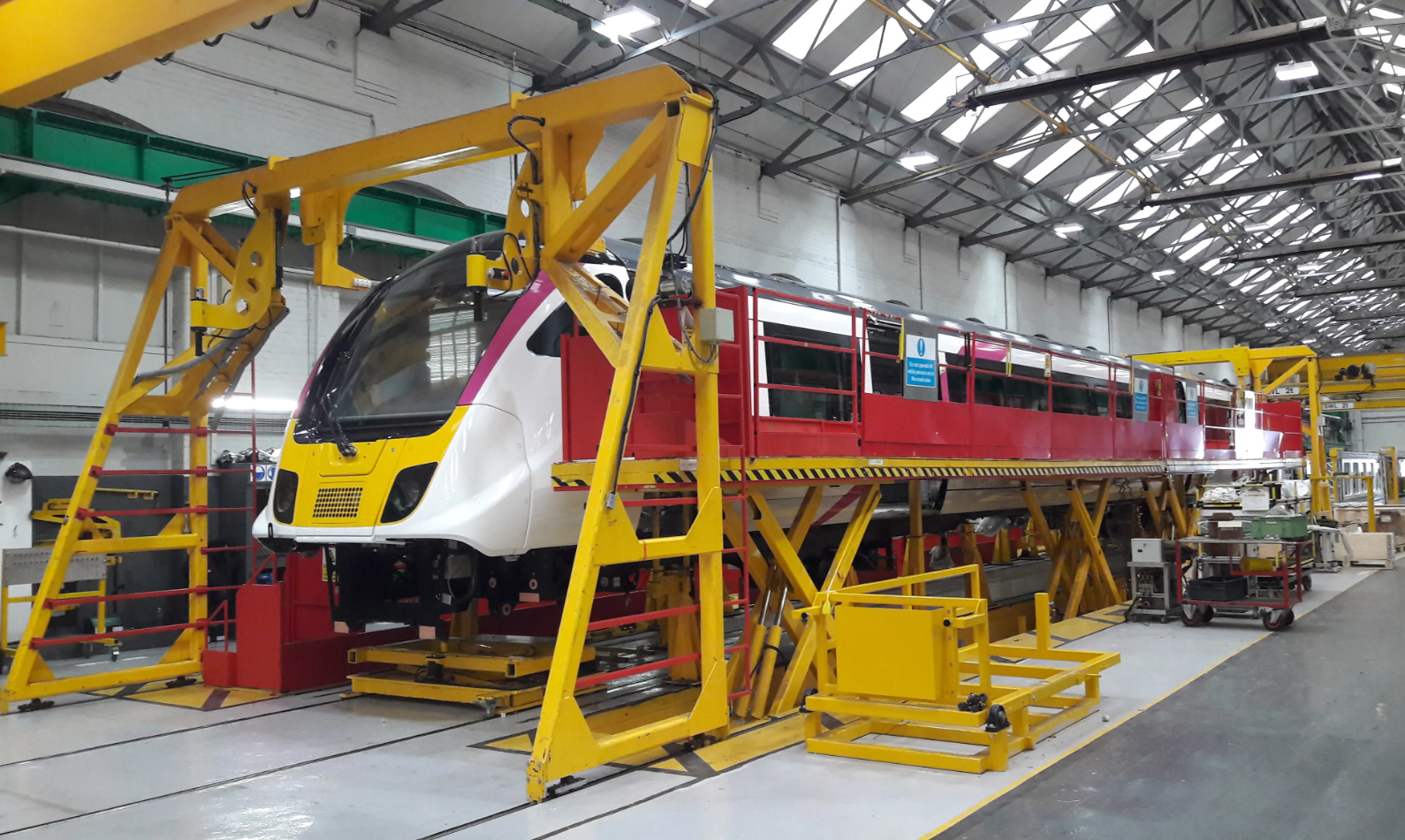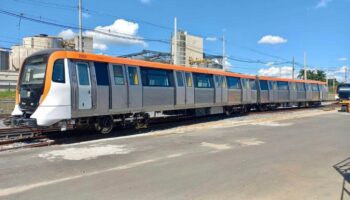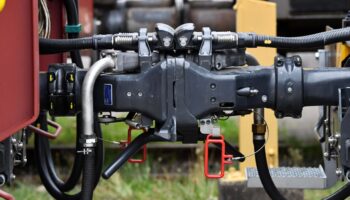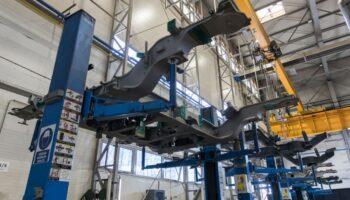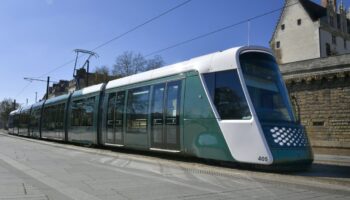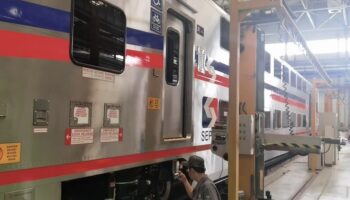France: The manufacturer outlined this measure as part of its action plan to achieve financial stability, included in the company’s H1 2023/24 report published in November. The company detailed its significant operational challenges and announced a number of measures to overcome them.
Financial performance overview
On the one hand, the French manufacturer’s backlog reached €90 bln and revenues rose 5% from €8 bln to €8.4 bln vs H1 2022/23, compared to the same period of last fiscal year. On the other hand, the company reported a sharp increase in negative free cash flow to -€1.1 bln and a 60.8% increase in net debt to -€3.4 bln.
It is the need to reduce net debt to -€1.4 bln by March 2025 that is leading Alstom to seek to sell some assets, which the company did not specify, and this is not the only financial measure in the action plan. The company said it would propose to shareholders that no dividend would be paid in July 2024. Its shares then fell sharply on the Paris Stock Exchange and have yet to recover.
In H1 2023/24, the company saw a significant decline in new orders, down 16% from €10 bln to €8.4 bln, with rolling stock and maintenance orders down 30% to €3.8 bln and €2.1 bln respectively. There were virtually no orders from Africa, Central Asia, and the Middle East. In Europe, order intake decreased by 20% to €5.2 bln. Against this background, orders for complex projects almost tripled to €1.5 bln, with orders from the Americas increasing by 81% to €1.5 bln.
Problems related to Bombardier Transportation
Alstom chairman and CEO Henri Poupart-Lafarge said the negative performance was due to difficulties in the production of the Aventra EMUs at the factory in Derby, UK, and the integration of Bombardier Transportation assets acquired in early 2021. “The negative free cash flow of Alstom during this first half is a clear call for change. While demand remains sustained, despite some volatility, our commercial performance has been soft”, said Poupart-Lafarge.
In 2022, it was announced that Alstom had filed a request for arbitration with the International Chamber of Commerce for breach of certain contractual provisions of the Bombardier Transportation purchase agreement. According to Poupart-Lafarge, it would take several years to resolve problems with the Canadian company’s backlog of orders, many of which are commercially unviable or difficult to fulfil.
Alstom’s reporting shows that its losses and other expenses in H1 2023/24 totalled €92 mln, of which €65 mln are related to the merger integration of Bombardier Transportation. The French manufacturer unveiled a five-point plan to optimise the performance of the acquired assets.
Firstly, the company aims to increase the margin on the backlog by +0.5% per year over the next three years through high-quality orders.
Second, the manufacturer expects to ramp up the production of rolling stock, measured by cars, by 10% per year.
Third, the company plans to significantly improve on-time delivery to the level prior to the acquisition of Bombardier Transportation in 2024/25. It has become clear that the company’s customers in various countries are taking action in the event of delays. This has recently been the case in France and Romania.
Fourthly, Alstom intends to improve its working capital discipline, in particular by reducing its inventory turnover to 75 days, and its contract execution performance.
Finally, the company plans to cut 1,500 jobs, including 1,300 at the factory in Derby, UK (which currently employs 2,000 people), due to a lack of long-term orders. In the summer, the British Railway Industry Association pointed out that the backlog of the factory’s orders only covered a period until June 2024.
There will also be changes in the company’s management. According to the press release, Philippe Petitcolin, former CEO of the French aerospace and defence supplier Safran, will be offered the position of the chairman of the board of directors at the next general meeting in July 2024, while Poupart-Lafarge will remain Alstom’s CEO.





